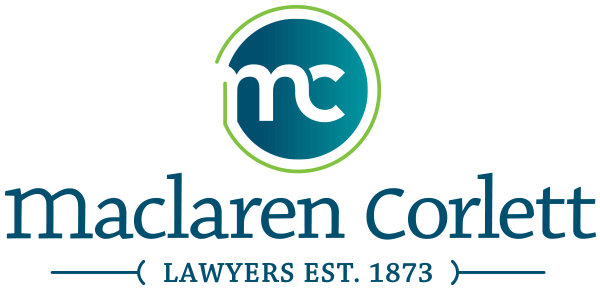No Carte Blanche When it Comes to Powers of Attorney
With an aging population increasing in numbers every day, more and more people are assuming the care and control of financial and health care decisions for others through the exercise of powers of attorney.
There are two very distinct types of power of attorney. A power of attorney that permits the named attorney to manage the financial affairs of an incapacitated person is called a Continuing Power of Attorney. A power of attorney over health care decisions that are to be made for an incapacitated individual is called a Power of Attorney for Personal Care.
It is a misconception of many who are named as either or both a person’s attorney to manage his or her financial affairs, and/or to assume responsibility for making health care decisions for him or her, that in either case they have an unfettered discretion to manage the incapacitated person’s financial affairs or to make health care decisions for them any which way they wish, without regard to anyone else’s views, so long as it is what they consider for the benefit of the incapacitated person. It is not quite so.
With regard to a power of attorney over financial affairs, a Continuing Power of Attorney, first and foremost the law requires that the named attorney exercise the powers given to him or her diligently, with honesty and integrity and in good faith, for the incapacitated person’s benefit. In addition, the individual exercising a power of attorney over financial affairs, has to ensure that his or her financial decisions for the incapacitated person are consistent with the decisions that are being made for the incapacitated person’s health care by whomever may be his or her attorney for personal care. And, beyond this, the named attorney for financial matters:
- Must, to the extent reasonably possible, explain to the incapacitated person, what the attorney’s powers and duties are;
- Must encourage the incapacitated person, to the best of their abilities, to participate in decisions about their financial affairs;
- Must seek to foster regular personal contact between the incapacitated person and his or her supportive family members and friends; and
- Must consult from time to time with,
(a) those supportive family members and friends; and with
(b) whomever is the personal care attorney for the incapacitated person; and
- Must do his or her best to endeavour to find out what is in the incapacitated person’s Will, and then, subject to very limited exceptions, not dispose of property that is subject to a specific gift to someone in the incapacitated person’s Will.
Finally, in making expenditures for an incapacitated person, a person acting under a power of attorney over financial matters must first and foremost of course make expenditures that are reasonably necessary for the incapacitated person’s support, but must also make expenditures, assuming the incapacitated person’s finances are sufficient to do this, for the support of the incapacitated person’s dependants, and to satisfy any other legal obligations he or she may have.
With regard to a person exercising decision making authority under an individual’s Power of Attorney for Personal Care, subject to limited exceptions, several conditions apply to the exercise of that authority. For example, in making personal care decisions for the incapacitated person, the attorney:
- Must use reasonable diligence to ascertain the wishes of the incapacitated person and exercise his or her decision making authority in accordance with those wishes;
- Must, in the absence of knowing what the incapacitated person’s wishes are, nevertheless only make health care decisions for the incapacitated person that are in his or her best interests;
- Must, in determining what the incapacitated person’s best interests are, have regard to:
(a) the incapacitated person’s values and beliefs;
(b) the incapacitated person’s wishes, if they can be ascertained;
(c) consider whether the decision to be made is likely to:
(i) improve the incapacitated person’s life;
(ii) prevent the incapacitated person’s quality of life from deteriorating; or
(iii) reduce the extent to which or rate at which the incapacitated person’s life is
likely to deteriorate;
(d) weigh whether the benefit to be experienced by the incapacitated person from the
decision outweighs the risk of harm;
- Must keep records of decisions made on behalf of the incapacitated person;
- Must encourage the incapacitated person to participate in the decision to the best of his or her abilities;
- Must seek to foster regular personal contact between the incapacitated person and his or her supportive family members and friends;
- Must consult with those supportive family members and friends, and the persons from whom the incapacitated person receives personal care;
- Must, as far as possible, foster the incapacitated person’s independence; and
- Must choose the least restrictive and intrusive course of action in any particular situation.
So, as one can see neither a Continuing Power of Attorney, nor a Power of Attorney for Personal Care affords to the named attorney any carte blanche.



